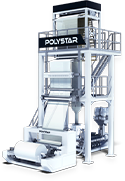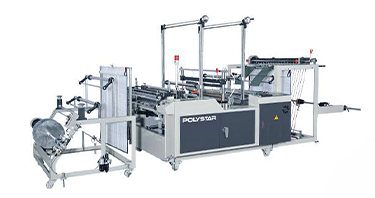We use cookies and other tracking technologies to improve your browsing experience on our website, By clicking "Accept All," you agree to allow cookies to be placed to enhance your browsing experience on this website to show you personalized content and targeted ads, to analyze our website traffic, and to understand where our visitors are coming from. You can manage your cookie settings below. Clicking "Confirm" indicates your agreement to adopt the current settings.
Top 3 Post-Consumer Recycled Materials You Should Know About
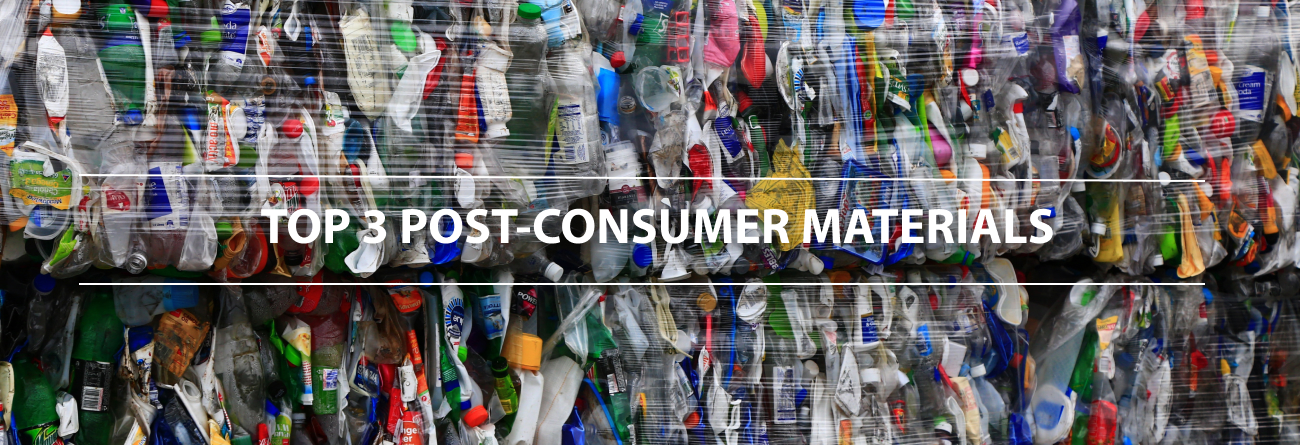
In this article, we will explore three major types of post-consumer recycled plastics and their valuable benefits for manufacturers looking to adopt sustainable practices. By understanding the advantages of these materials, industries can reduce their carbon footprint and contribute to a circular economy, all while maintaining high-quality production standards.
Incorporating recycled plastics not only helps conserve natural resources but also reduces landfill waste and lowers greenhouse gas emissions. As more businesses and consumers prioritize eco-friendly solutions, adopting these materials is crucial for ensuring the long-term sustainability of industries while fostering environmental responsibility. Let’s explore how these recycled materials can pave the way for a more sustainable future.
1. High-Density Polyethylene (HDPE)
-
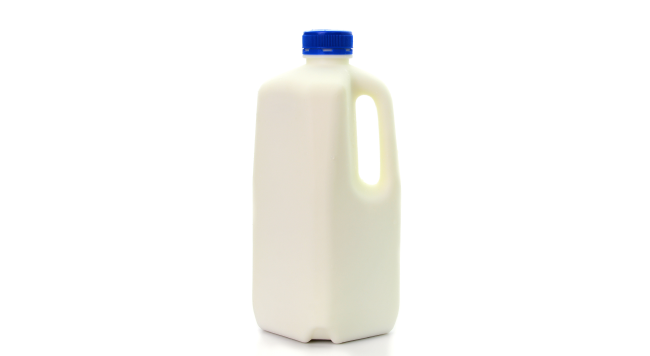
HDPE Milk Jug
-

HDPE Detergent Bottles
-
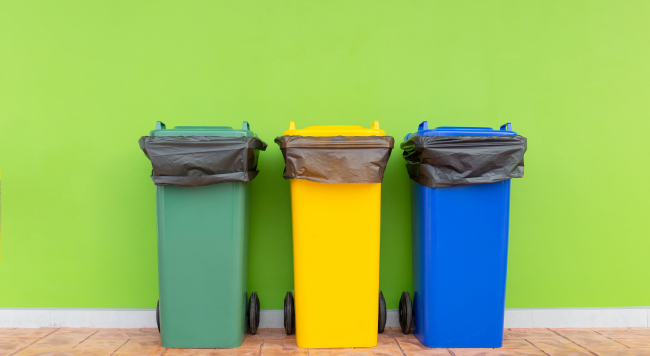
HDPE Trash Cans
2. Low-Density Polyethylene (LDPE)
Common examples of post-consumer LDPE waste include supermarket bags, food packaging, and squeezable bottles. These materials, often used in high volumes, can be recycled and reintroduced into manufacturing processes. Recycling LDPE not only helps mitigate the environmental burden of single-use plastics but also conserves resources by cutting down on the production of new plastics from raw materials.
-
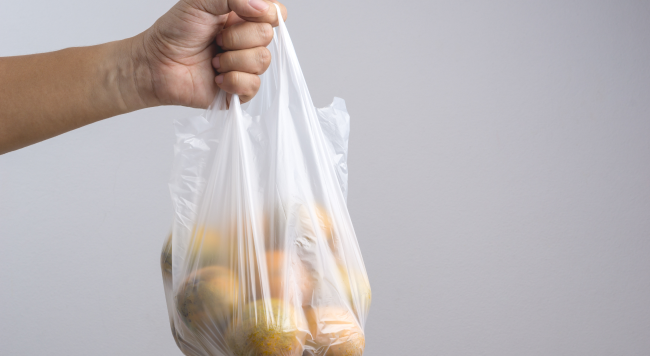
LDPE Supermarket Bag
-
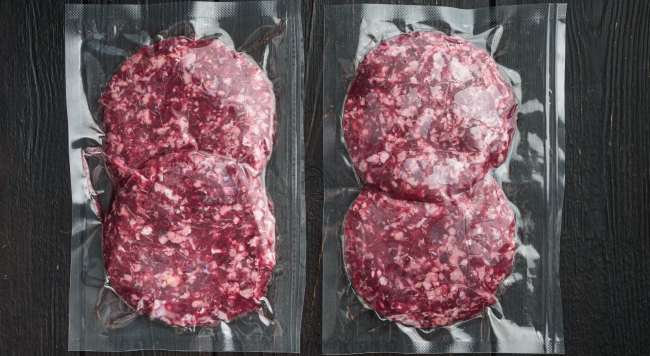
LDPE Food Packaging
-
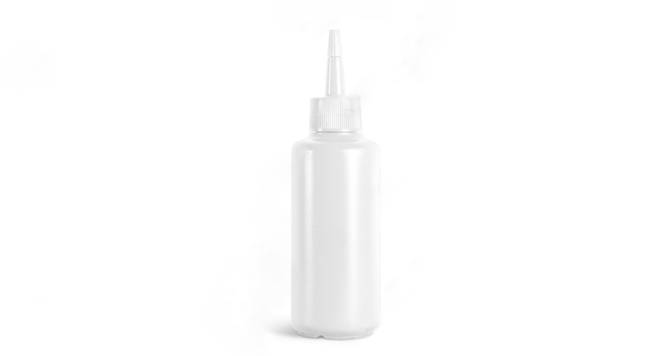
LDPE Squeezable Bottle
3. Polypropylene (PP)
Common PP plastic products found in everyday life include food containers, plastic bottle caps, and automotive parts. These items, once discarded, can be collected and reprocessed into new products, reducing the demand for virgin plastics. Recycling PP helps minimize environmental impact by diverting plastic waste from landfills and reducing greenhouse gas emissions associated with new plastic production.
-
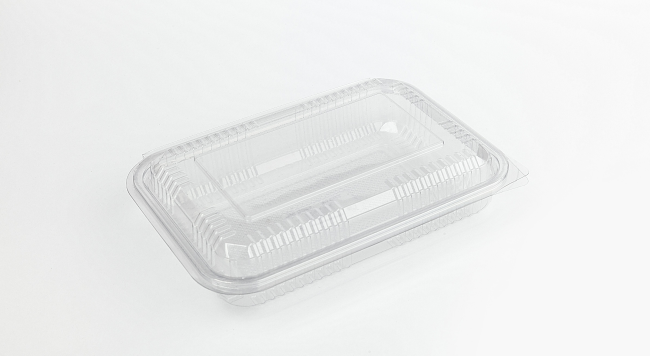
PP Container
-
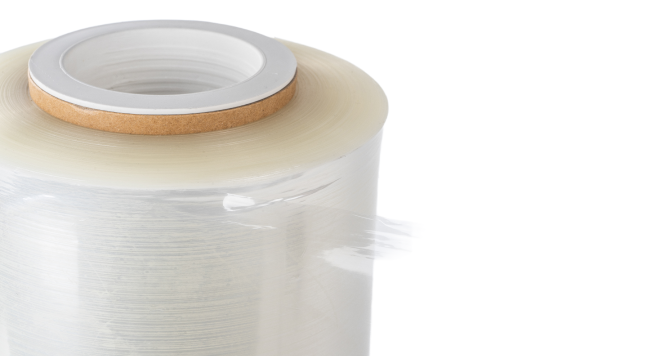
PP Packaging Film
-
__24J1528r27.png)
PP Bottle Caps
Conclusion
Common PP plastic products found in everyday life include food containers, plastic bottle caps, and automotive parts. These items, once discarded, can be collected and reprocessed into new products, reducing the demand for virgin plastics. Recycling PP helps minimize environmental impact by diverting plastic waste from landfills and reducing greenhouse gas emissions associated with new plastic production.
Read More
- What is Post-Consumer Recyclable (PCR) Plastics? - Blog
- POLYSTAR Recycling Machines Turn Waste into Profit - Blog
- Two-stage Recycling Machine - Machine Information
About the Author
Derek Shiao
Derek Shiao is a business development manager at POLYSTAR. He keeps up with the latest trends in the plastic industry and creates content based on his experience offering various solutions to customers.





